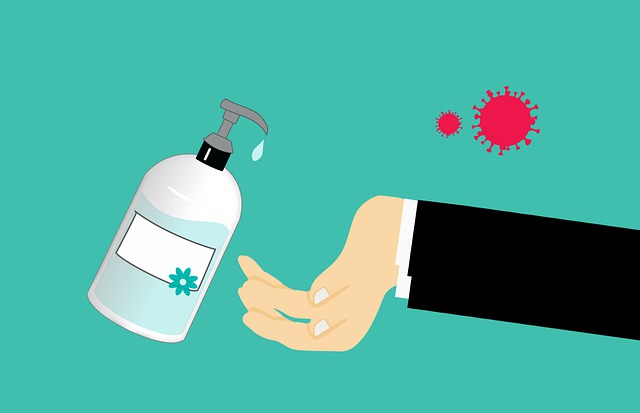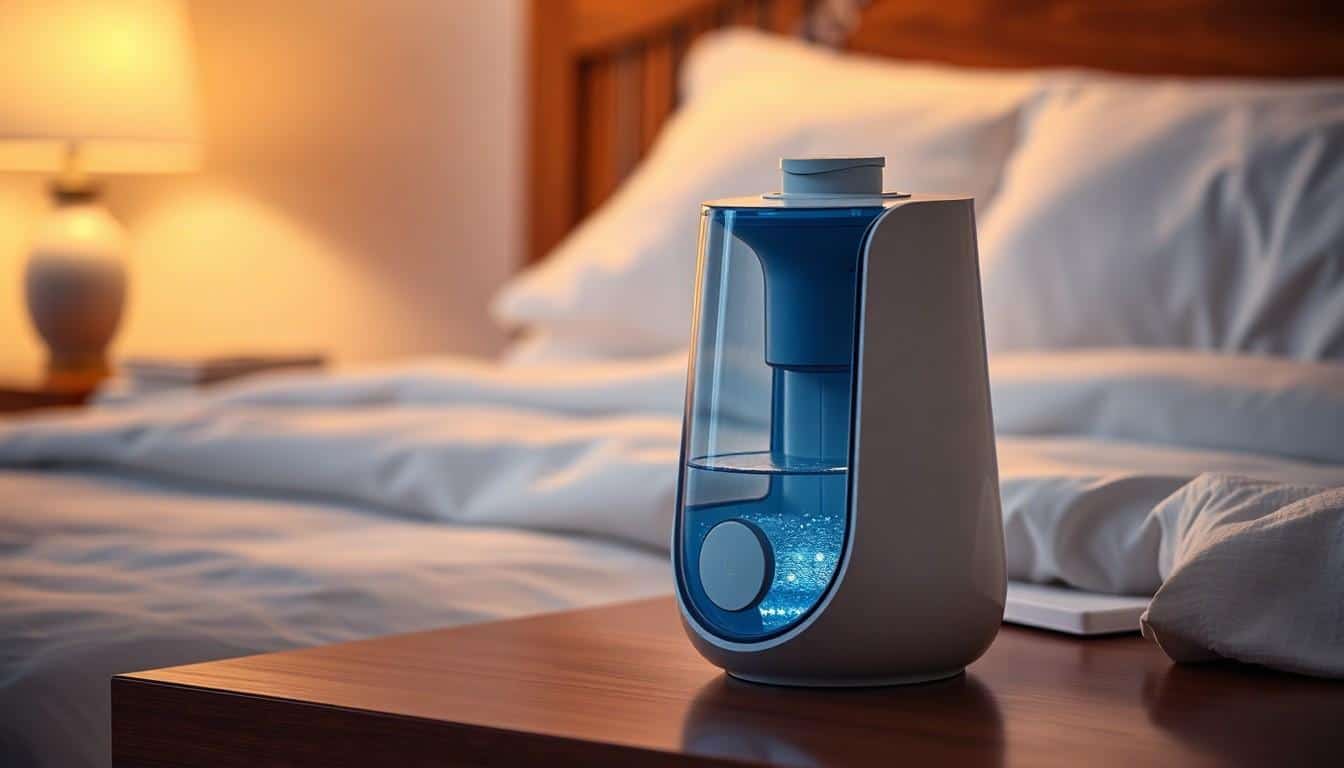FDA, The U.S. Food and Drug Administration has finally given “the safety and efficiency of CPAP cleaners” topic a listening ear. Dozens of FDA researchers are now digging into the topic to know what CPAP machines are worth an FDA approval and ones that are not. On the latest research on FDA approved CPAP cleaners, no CPAP cleaner was found safe enough to warrant approval by FDA.
The FDA isn’t against the fact that customers have confirmed the safety and efficiency of some CPAP cleaners. However, they’re yet to confirm if the cleaners have passed the safety and quality standards as per their guidelines. Unfold the untold story about FDA and CPAP cleaners below.
Types of FDA Approved CPAP Cleaners Under Examination
There exist only two types of CPAP cleaners: ozone gas-powered and ultraviolet light-powered. The machines have gained some following, with their claims of sanitizing and disinfecting CPAP machines and accessories getting backing from most customers. Unfortunately, none of these CPAP cleaners has got approval and clearance from FDA.
Ultraviolet Light Cleaners
FDA is yet to clarify claims by CPAP cleaners manufacturers who say UV light can efficiently sanitize and clean CPAP components, causing no damage or health risk to users. No FDA research has confirmed whether such cleaners do a clean job without exposing users to hazardous UV radiation levels.
Some FDA reports have questioned the efficiency of these machines because, as we all know, Ultraviolet light can’t penetrate accessories and devices such as connectors, plastic tubing, and masks.
Ozone Gas Machines
Ozone gas is a super-potent bacteria destroyer. Sadly, according to the FDA and other responsible bodies, for ozone gas to kill bacteria, the concentration should be higher than levels considered safe for human use. There is no doubt these machines work and rarely expose users to high ozone concentrations, but we can’t ignore the fact that the gas may leak through the filters, containers, or tubing connections.
If that happens, the room where the machines or people in those places would be exposed to unsafe ozone levels, which could have a serious health impact, especially if you inhale the gas.
FDA Tests on CPAP Cleaners
FDA has conducted preliminary lab tests on some CPAP cleaners. The motive behind the testing was not primarily announced. However, since that’s what they always do with other machines and products before they approve them for use by customers, it’s likely they wanted to confirm the safety and efficiency of such machines.
FDA found out that ozone-triggered CPAP machines generate zone levels beyond the amounts approved for human exposure. Also, the ozone levels left inside the CPAP machines and tubes were high even after leaving them for the recommended period before use after cleaning.
As per the FDA trials on the UV light-operated cleaners, while the machines may not release toxic levels of UV light, the generated ultraviolet light is not enough to reach and disinfect every part of the CPAP machine. That often results in performance and safety issues, and that’s probably one reason they didn’t approve such machines.
Why Is FDA Conducting Tests on CPAP Cleaners?
FDA takes the safety of consumers seriously. They are always examining every newly released product to determine the safety and efficiency to determine if they are fit for humans or not. Previously, there have been claims of CPAP users who experienced breathlessness, asthma attacks, and severe headaches after they used ozone gas in cleaning their CPAP machines. After they did their research on these machines, they confirmed the ozone levels in the CPAP machines were high enough to cause health problems.
In response to the cries by the affected consumers, FDA didn’t approve or clear any of the UV light or ozone gas CPAP cleaners. They decided not to approve the products because, though these machines are effective and reliable, there is potential for risk. Also, the responsible manufacturers didn’t share any evidence or data with FDA to prove their claims.
If the manufacturers could share valid evidence or data to prove their claims or perhaps use superior technologies to minimize the potential for health threats, the FDA may consider clearing and approving the products for use by humans, hence, they always recommend using FDA approved CPAP cleaners.
Safety Concerns About Using CPAP Cleaners
It’s not like all the FDA-approved products and machines are 100% safe and effective. For FDA to approve a product for use, they don’t solely rely on their lab tests. Yes, they use the tests as reference points, but not as the sole determiners to make a conclusion.
They usually liaise with the manufacturers to get their scientifically proven reports on the efficiency and safety of their products. Besides the reports, they further check with customers who use the products to decide whether they were satisfied.
If a product fails in all three tests, the FDA team will deny the responsible manufacturers clearance and approval. In the case of CPAP machines, none of the manufacturers shared any data to prove the safety of their products.
Some clients had also complained of health problems after cleaning their CPAP machines with such sanitizers. Besides, the FDA team did a test and found some risk potentials in the products.
Based on client reviews, it was confirmed that high ozone gas levels exposure has the potential to trigger various health problems, including chronic respiratory infections and headaches. In line with FDA guidelines, these manufacturers have to submit clear data validating the efficiency and safety of their products, otherwise, they will be termed unsafe for human use.
FDA Approved CPAP Cleaners – Conclusion
Cleaning CPAP machines is challenging and tiresome. It takes time and if not done well, the results would be eminent. Assembling and reassembling the machine components after cleaning them with warm soapy water is effective, but it is time-consuming and tiring.
Most people are opting for more effective solutions that make the exercise easy and fun, saving one time and physical effort. CPAP cleaners are the ultimate best solutions, which have been trending previously. Unfortunately, these machines have been placed under watch by the FDA. That’s simply because some consumers have complained of their inefficiency and safety.



